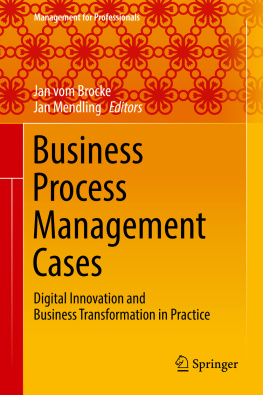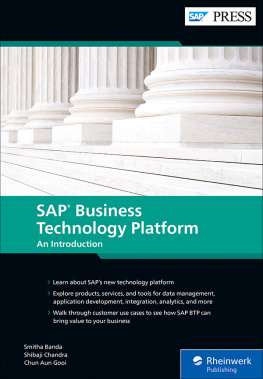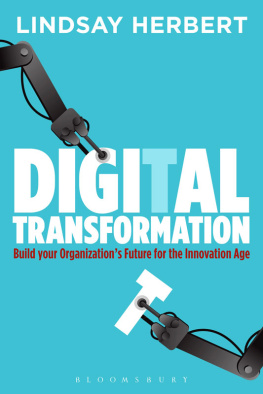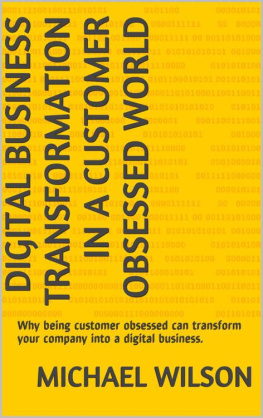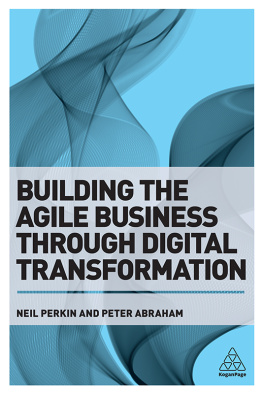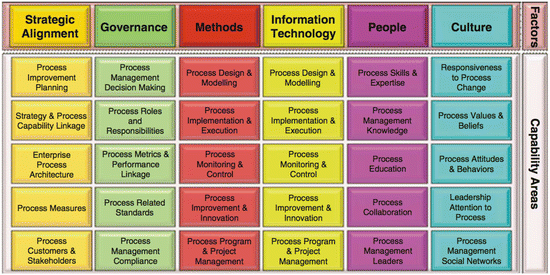What Is Business Process Management?
While early contributions to the field of business process management (BPM) focused on the (re-)design of single processes, contemporary research calls for a more holistic view of the management of organizational processes. To that end, BPM uses an integrated set of corporate capabilities, including strategic alignment, governance, methods, technology, people, and culture, to analyze, design, implement, continuously improve, and disruptively innovate organizational processes (vom Brocke and Rosemann ).
BPMs roots in early studies of organizational design (e.g., Taylor ) then developed into the broader discipline of industrial engineering and has since remained focused on the analysis of operational activities in the dominant manufacturing sector. An increase in the significance of services, the growing importance of information technology for the design of processes, and the overall recognition that processes are a critical corporate asset have elevated this domain into a discipline.
According to Hammer (), the genesis of BPM as a management discipline is characterized by two developmental paths: process improvement and process development.
Process Improvement : Earlier studies in the field focused on analyzing existing business processes in pursuit of continuous or incremental process improvement. Examples of developments on this path are Total Quality Management (Juran ) studies on statistical process control provided basic principles by conducting systematic analyses of processes using both quantitative and qualitative criteria.
Process Reengineering : Hammer and Champy ().
BPM has emerged as a consolidation of disciplines that leverage process orientation to increase performance. Today, BPM has evolved into a widely deployed and comprehensively studied discipline. Universities have increasingly integrated BPM capabilities into both management and information systems education (vom Brocke ), responding to the strong demand of BPM experts in practice to appropriate contemporary technology in order to foster value creation in all sectors, including production, banking, retail, health, government, entrepreneurship, and others.
In course of this development, BPM has matured as an academic and professional discipline. Textbooks (Dumas et al. ).
How to Structure Business Process Management
This book uses well-established BPM frameworks to characterize the cases it presents based on a shared language. We use the BPM Six Core Elements Model (Rosemann and vom Brocke ).
2.1 The BPM Six Core Elements Model
The BPM Six Core Elements Model describes organizational capability areas that are relevant to BPM. The model helps decision makers to classify the actions an organization undertakes in conducting BPM by conceptualizing six BPM capability areas: strategic alignment, governance, methods, IT, people, and culture. This model expands BPM from a technical concept to a holistic management discipline (Fig. ).
Fig. 1
Six BPM core elements (Rosemann and vom Brocke )
Strategic Alignment : BPM contributes to the organizations superordinate, strategic goals. Related capabilities include the assessment of processes and process management initiatives according to their fit with the overall corporate strategy.
Governance : BPM must be implemented in the organizational structure. Related capabilities include the assignment of BPM-related tasks to stakeholders and applying specific principles and rules to define the required responsibilities and controls along the entire business-process lifecycle.
Methods : BPM must be supported by methods for process design, analysis, implementation, execution, and monitoring. Related capabilities include selecting the appropriate BPM methods, tools, and techniques and adapting and combining them according to the organizations requirements.
Information Technology : BPM must use technology, particularly process-aware information systems (PAIS), as the basis for process design and implementation. Related capabilities include the ability to select, implement, and use relevant PAIS solutions that covering, for example, workflow management, adaptive case management, or process-mining solutions.

